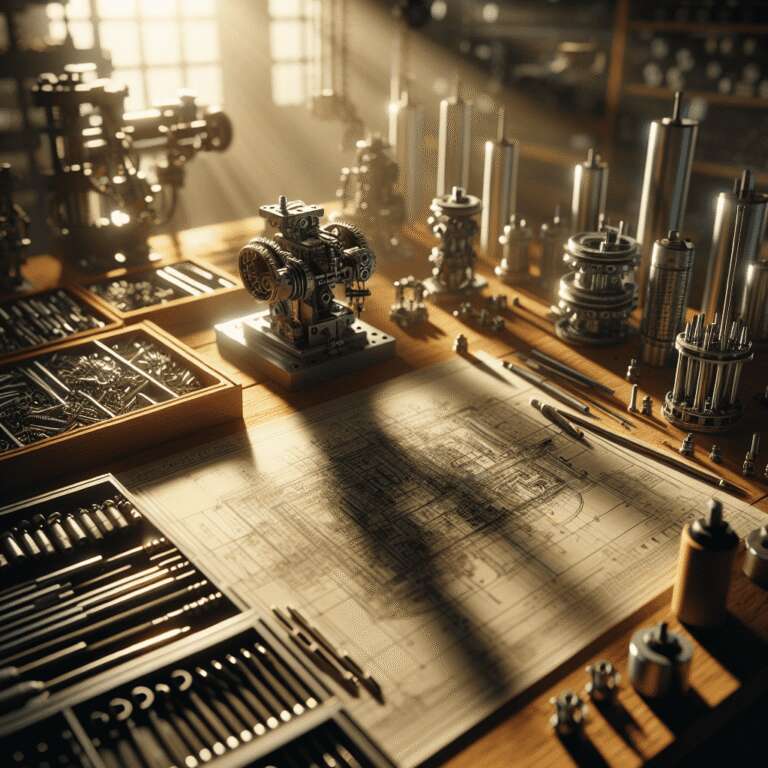NVIDIA Research is advancing the field of robotics through notable breakthroughs in multimodal generative Artificial Intelligence and synthetic data generation, set to be highlighted at the International Conference on Robotics and Automation (ICRA) taking place May 19-23 in Atlanta. Dieter Fox, senior director of robotics research at NVIDIA, emphasized the pivotal role of ICRA in fostering developments that propel robotics and automation forward, underscoring this year´s research contributions targeted at enhancing autonomous vehicles, humanoid robots, and overall robot safety and control.
The company’s cutting-edge research includes a suite of innovative papers. Among them, DreamDrive introduces 4D spatial-temporal scene generation for autonomous vehicles using video diffusion and 3D Gaussian splatting to create realistic driving scenarios. System-Level Safety Monitoring and Recovery equips autonomous vehicles with real-time tools to detect and compensate for perception failures, enhancing planning and safety. DexMimicGen generates robust bimanual dexterous manipulation datasets from minimal human demonstration, while HOVER provides a unified neural controller enabling fluid mode transitions for humanoid robots. Additional advances like MatchMaker aim to automate the creation of 3D assembly assets for simulation-based robot training, and SPOT utilizes pose trajectory diffusion to foster object-centric manipulation with broad applicability across robot designs. Innovations such as inference-time policy steering allow real-time human-guided model adjustments, raising the bar for policy alignment and real-world safety.
Beyond research papers, NVIDIA’s influence extends across several prominent ICRA workshops. These sessions tackle challenges spanning human motion prediction, reliable and trustworthy embodied Artificial Intelligence, robust planning for real-world environments, integration of vision-language foundation models for safety, and human-centered robot learning harnessing big data. The ´RoboARCH´ workshop focuses on the acceleration of robotics through advanced computing hardware and systems. For those seeking deeper engagement, NVIDIA invites the global robotics community to explore their latest research outputs and stay informed via the Robotics Research and Development Digest (R²D²), offering in-depth insights into the fast-evolving intersections of physical Artificial Intelligence and robotics.

